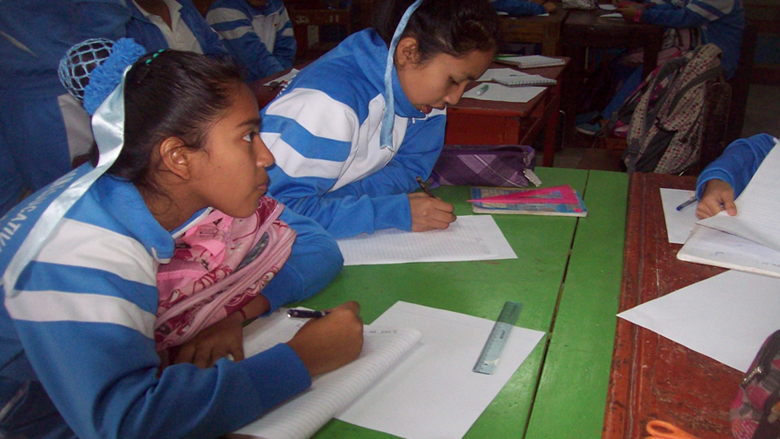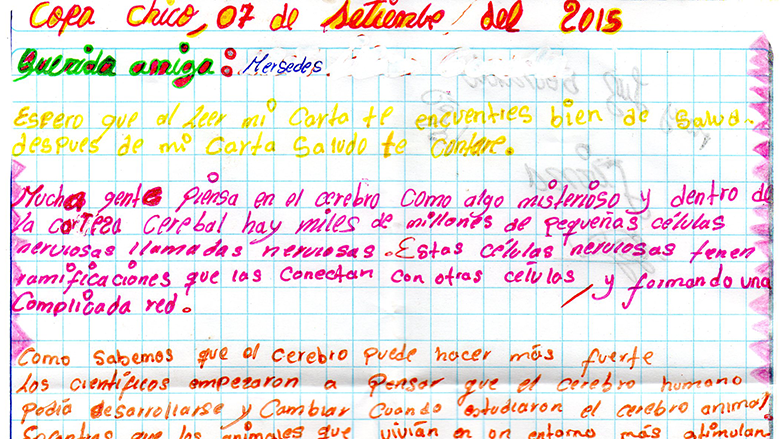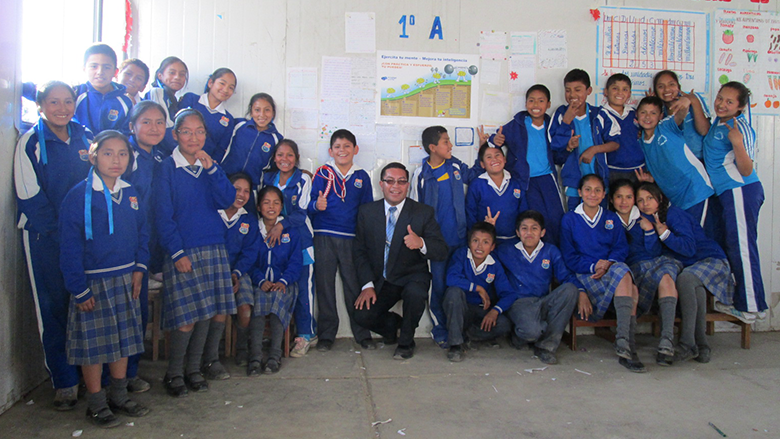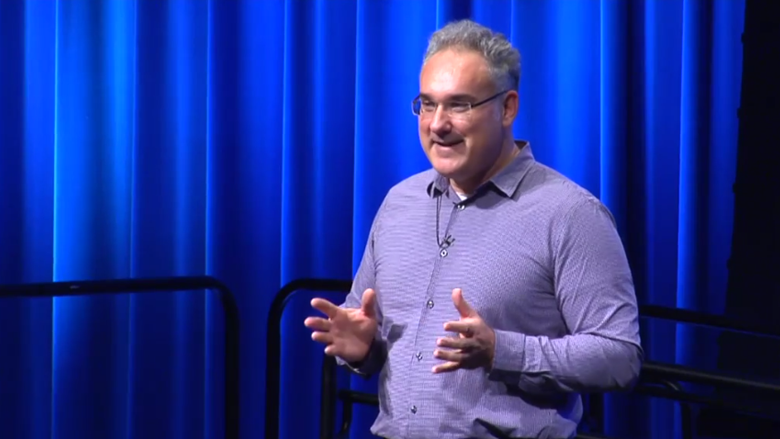Challenge
Student attitudes toward learning and their own abilities can influence their performance. If a student believes he or she is not smart enough, there is nothing to be done. But the good news is that recent studies have shown that intelligence is not immutable and unalterable, instead it can be trained by practice.
As with many other countries, Peru is worried about the academic outcome students are showing in standardized test, especially the increasing gap between those students from high and low income households.
Approach
The usual approach to address this problem is through cognitive-based interventions, which is to invest more on teacher training and learning materials.
Researchers from the World Bank, the University of Oxford and the Group for Analysis for Development (GRADE) from Peru decided to take a different approach. They developed a project called “Expand your Mind" which focused on developing non-cognitive dimensions such as motivation and perseverance.
The project relied on insights from Dr. Carol Dweck’s work on how individuals perceive their learning goals and intelligence and the impact it has on their motivation and effort. Individuals who believe that their abilities were fixed, tend to avoid challenging work and have a hard time dealing with failure. While individuals who believe their abilities (growth mindset) were malleable, embrace challenges and see failure as a learning opportunity.
In Peru, through this growth mindset intervention, students and teachers in 800 selected public schools and high schools in Ancash, Junin and Lima were asked to read an essay titled "Did You Know You Can Grow Your Intelligence?" This was followed by a 90-minute session that let students and teachers discuss the article on how brains can grow. And then they were asked to write a letter to a friend to demonstrate that they understood the content of that essay and give advice how they could practice and grow their mind.



